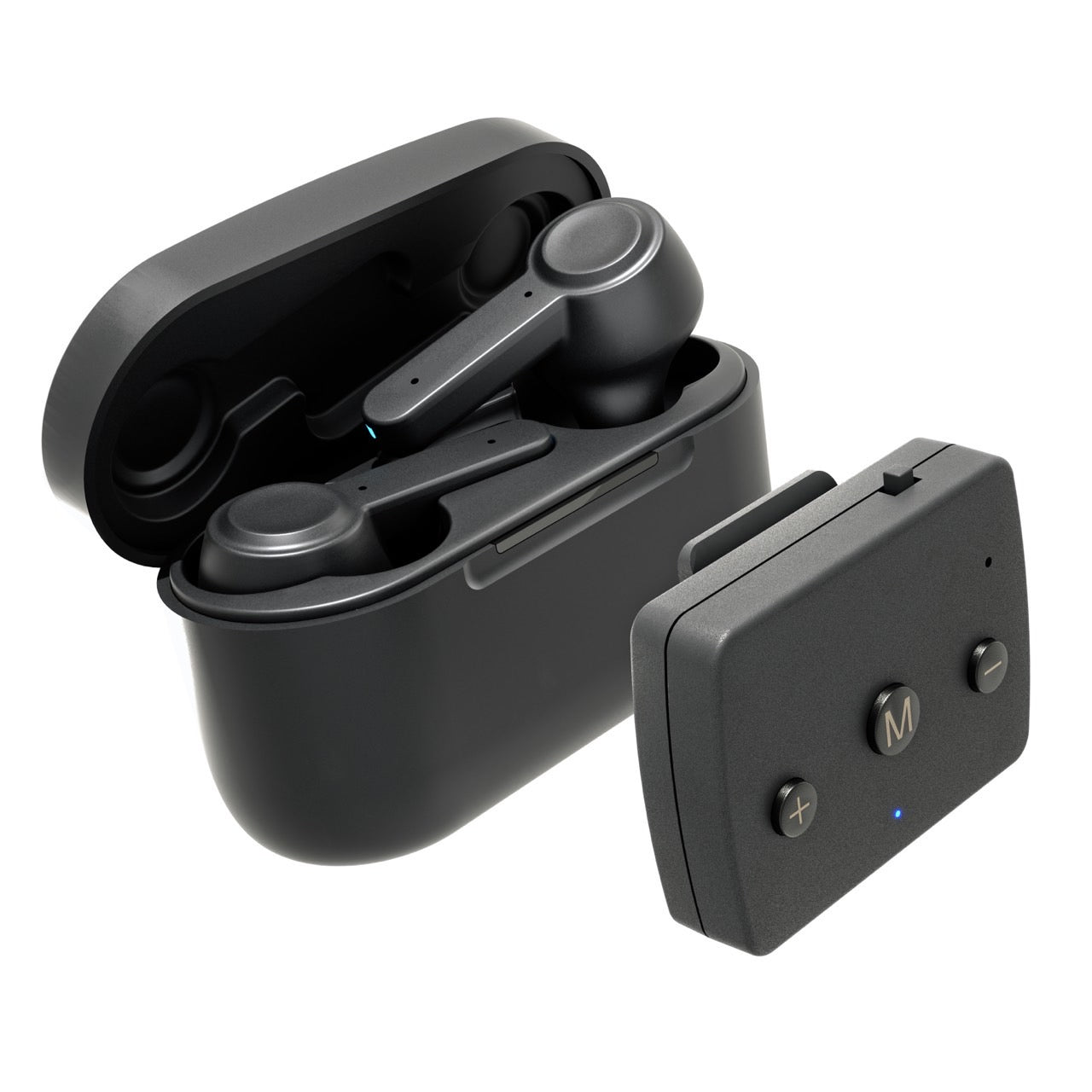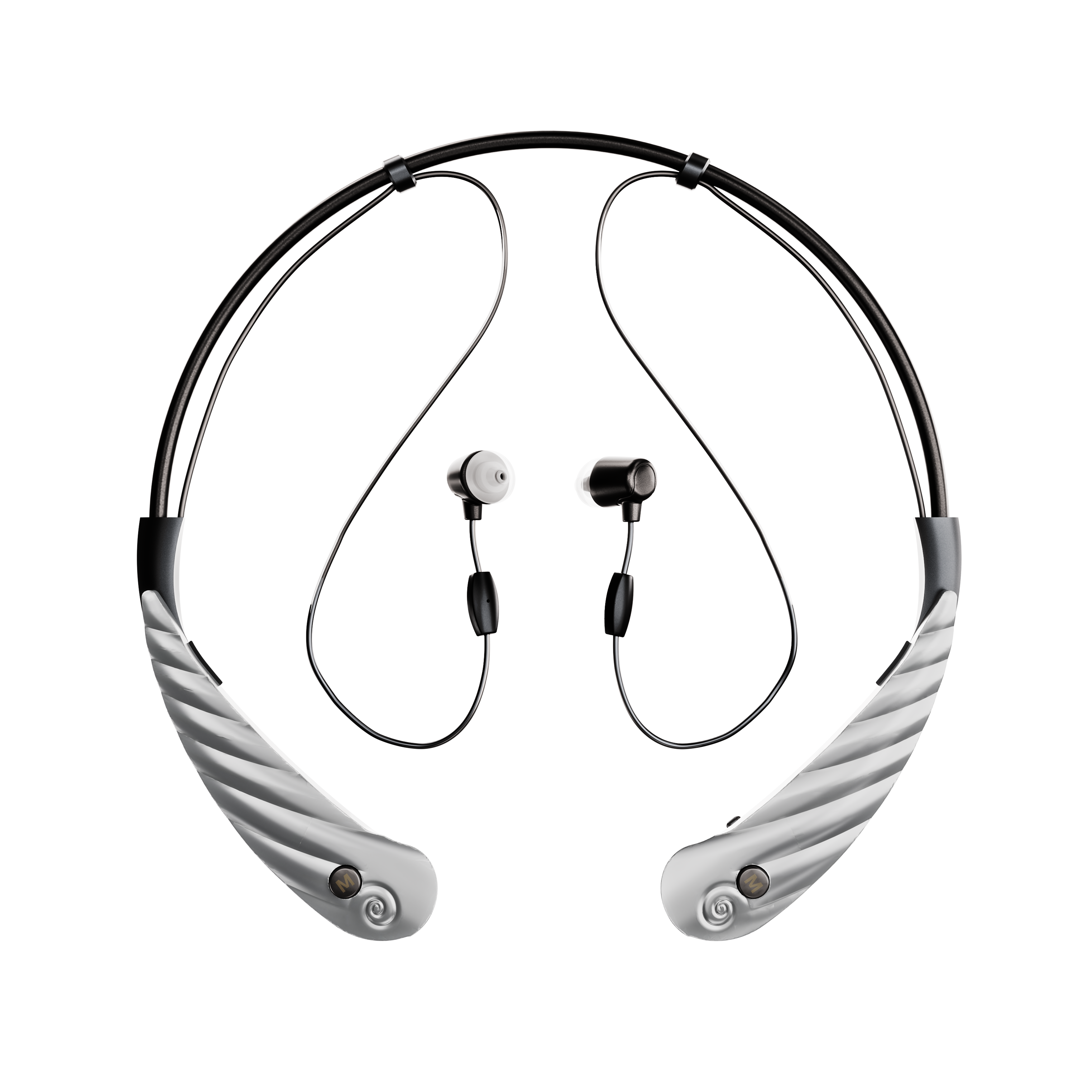The decision to get hearing aids is not solely based on a specific level of hearing loss but rather on how that hearing loss affects an individual's daily life, communication, and overall well-being. The severity of hearing loss is typically categorized into different degrees: mild, moderate, moderately severe, severe, and profound. Here's a general guideline on when hearing aids may be recommended:
Mild Hearing Loss
Individuals with mild hearing loss may find it challenging to hear soft sounds or conversations in noisy environments. While hearing aids may not be considered necessary for everyone with mild hearing loss, they can still be beneficial in improving communication and quality of life.
Moderate Hearing Loss
Those with moderate hearing loss may have difficulty hearing normal conversations, especially in noisy settings. Hearing aids are often recommended for individuals with moderate hearing loss to enhance speech understanding and overall communication.
Moderately Severe Hearing Loss
Individuals with moderately severe hearing loss may struggle to hear even in quiet environments. Hearing aids become increasingly important at this level to help individuals regain access to a broader range of sounds and improve their ability to communicate effectively.
Severe Hearing Loss
At the severe level of hearing loss, individuals may have significant difficulty hearing most sounds, including speech. Hearing aids are typically strongly recommended for managing severe hearing loss to restore access to environmental sounds and speech.
Profound Hearing Loss
Those with profound hearing loss have little to no hearing. Hearing aids may still be considered in some cases, especially if there is residual hearing, but other options like cochlear implants may be explored for more significant hearing rehabilitation.
It's important to note that the impact of hearing loss on an individual's life is not solely determined by the audiogram results. Factors such as the individual's communication needs, lifestyle, and the environments they frequently navigate are also critical considerations.
If you suspect hearing loss or have concerns about your hearing abilities, it's advisable to consult with a licensed audiologist or hearing healthcare professional. They can conduct a thorough hearing evaluation, assess your specific needs, and provide guidance on the most suitable hearing solutions for your situation. Early intervention and the use of hearing aids, when appropriate, can significantly enhance your overall quality of life and communication.
If you have any questions, contact us on https://mimitakarahealth.com/pages/contact










